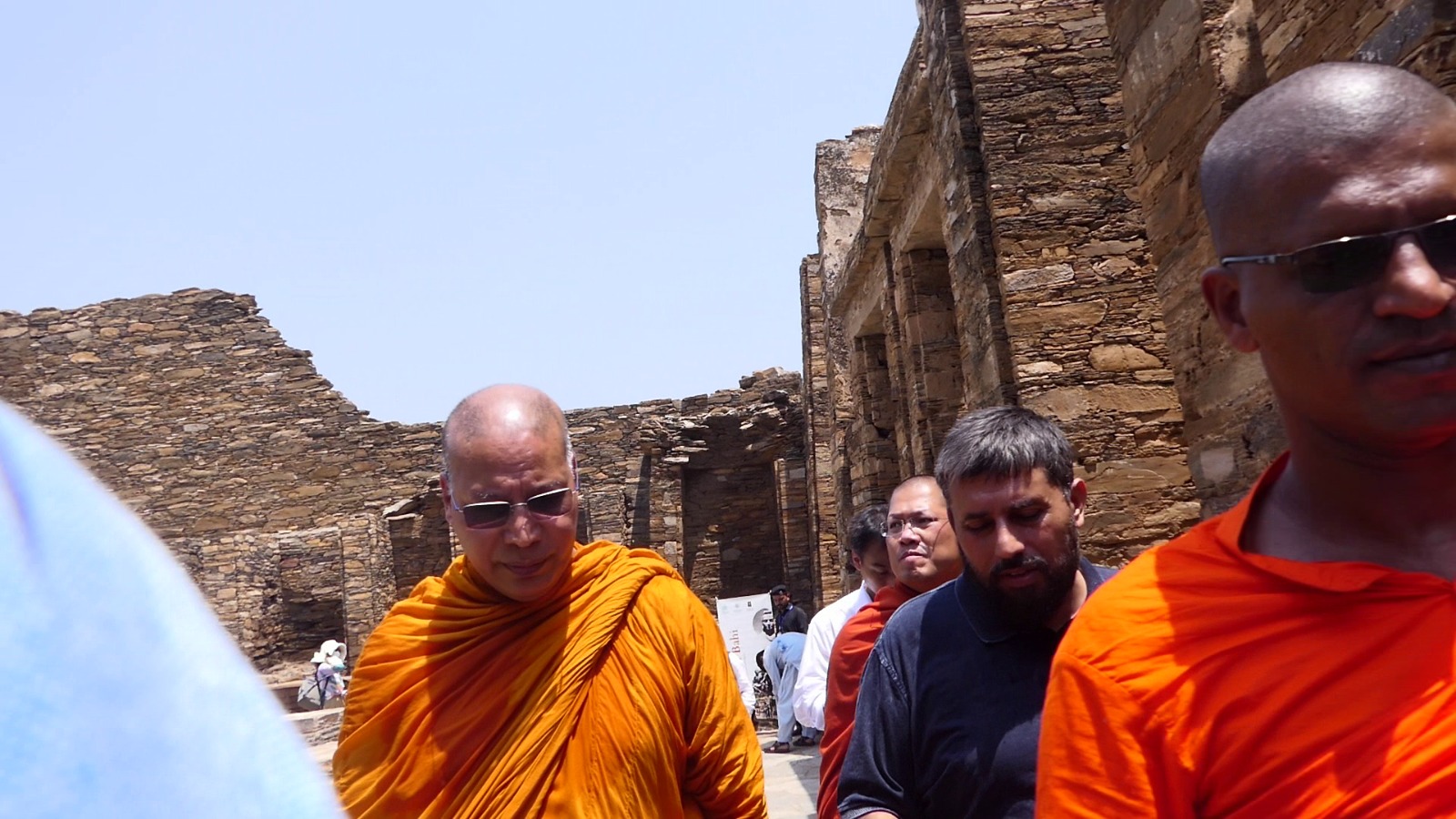Targeting Buddhist Sites May Lead to Decline the Religious Tourists for Pakistan

Buddhism in Pakistan has deep and strong roots, it dates back to the 5th century BCE, it flourished under the influence of various dynasties, including the Mauryas and Kushans. The region known as KPK now than famous as Gandhara in ancient times, the key cities were Taxila, Takht-i-Bahi, Mardan, Swat etc. Gandhara was the home to one of the earliest universities in the world. Taxila was the center of Buddhist learning and culture. The region was important for the spread of Buddhism across Asia, serving as a channel for trade and cultural exchange along the Silk Road. The archeological remains, including the great stupa of Takht-i-Bahi and the ruins of the Dharmarajika Stupa highlights the architectural competence of ancient Buddhists.
The history of terror in this region is old but in last few years we witnessed the stability of law and order in these areas, and we also witness increase in tourists in these areas specially the tourists that visits religious sites. As KPK region has rich cultural heritage of Gandhara, a large number of Buddhists from all over the world comes to visit their sacred places in last few years. But sadly, this year the terror activities increases and it will decrease the tourists. Two incidents occur in KPK in last two months which affects religious tourism in Pakistan brutally.

On 20th August, Wednesday, terrorists attacked a police station in Takht-i-Bahi, Khyber Pakhtunkhwa, one constable was injured by throwing a hand grenade towards the terrorists. A police van also damaged in this explosion. A similar attack was done on July 19, a month earlier to this attack on a police check post on same archeological site. Takht-i-Bahi is an important archeological site, home to an ancient Buddhist monastery date back to the 1st century CE, and is considered one of the best-preserved relics of Buddhism from the Gandhara civilization.
The second incident occurs on 22 September, Sunday, when a convoy of foreign diplomats visiting Swat faced a roadside blast. It is claimed that in this attack a Police Constable Burhan Ali was killed and five others were injured. These convoy consists of 11 diplomats from different countries such as Indonesia, Russia, Indonesia, and Portugal, were visiting to Promote local industries such as handicrafts and gemstones. The Swat Chamber of Commerce criticized the local administration for inadequate security, citing the lack of jammers and military personnel in the escort. The foreign diplomats went there to attend a tourism summit and visit Buddhist stupas, but the plan was cut due to attack.

These recent attacks, particularly on police stations and a convoy of foreign diplomats, have created a sense of insecurity among international visitors, especially those visiting for religious tourism. These incidents raise concerns about the safety of Buddhist sites, discouraging potential tourists from planning visits. The attack on foreign diplomats in Swat who were there to promote tourism and local industries, could strain relations between Pakistan and countries with majority buddhist populations. It could lead to travel advisories or restrictions, further reducing the inflow of tourists. The region of KPK relies on tourism to support local economies. Buddhist tourists contribute to the preservation of cultural heritage sites and local business. Terror attacks targeting areas like Takht-i-Bahi, a UNESCO world heritage site, not only harm tourism but also a threat for these ancient relics.
The incidents have shaken the confidence of international tourists, damaged Pakistan’s globe image, and disrupted local economies dependent on tourism. Therefore, they threaten the preservation of ancient Buddhist heritage sites, which are crucial for fostering cross-cultural relations. Pakistan should to restore its status as a religious tourism hub, it must strengthen security measures, promote peace and stability, and ensure the safety of both tourists and cultural sites.

